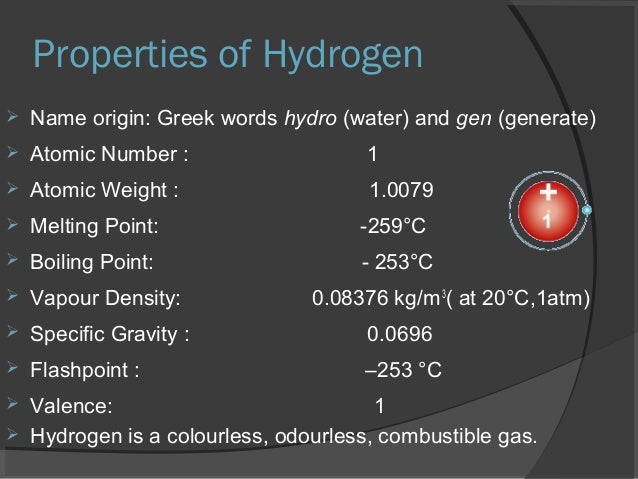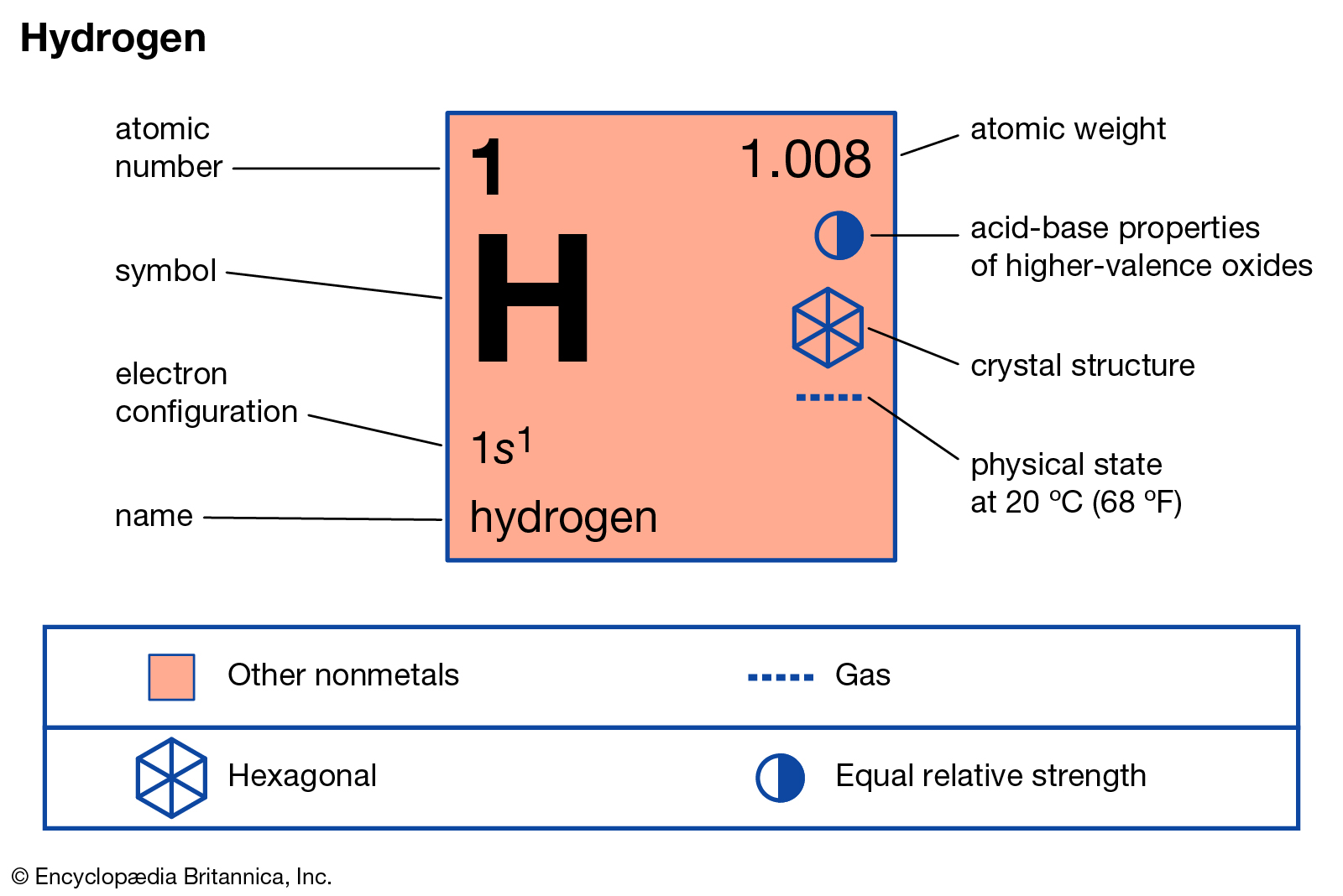Hydrogen element periodic table facts cell atomic first cells color elements science gas notes number group tile sciencenotes carbon oxygen
Table of Contents
Table of Contents
In the world of elements, few have captured the imagination of scientists and laymen alike as hydrogen. The simplest and most abundant of all elements, hydrogen is the key to understanding the building blocks of the universe. But have you ever wondered, what is the origin of hydrogen name?
Pain Points Related to Origin of Hydrogen Name
While the question of hydrogen’s name may not seem like an important one, it is, in fact, a gateway to understanding the history of science and the language we use to describe the world around us. Understanding the origin of hydrogen’s name can provide insight into the way that scientists and philosophers have thought about the nature of matter and the structure of the universe.
Answering The Target of Origin of Hydrogen Name
The name “hydrogen” comes from the Greek words “hydro” and “genes,” which means “water-forming.” The name was given by French chemist Antoine Lavoisier, who discovered the gas in 1766. Lavoisier named the element “hydrogen” because he observed that the gas produced water when it burned in air.
Summary of Main Points
So, to summarize, the origin of hydrogen’s name comes from the Greek words “hydro” and “genes,” meaning “water-forming.” French chemist Antoine Lavoisier named the element “hydrogen” because he observed that it produced water when burned in air. Understanding the origin of hydrogen’s name can provide insight into the way scientists and philosophers have thought about the nature of matter and the structure of the universe.
What is the Target of Origin Of Hydrogen Name?
Hydrogen, the first element in the periodic table, is a colorless, odorless, tasteless, and highly flammable diatomic gas. With an atomic number of 1, hydrogen is the lightest element in the periodic table. It is also the most abundant element in the universe, making up about 75% of all baryonic mass. Hydrogen’s simple atomic structure and abundance make it a key element in many areas of science, including astrophysics, chemistry, and biology.
Personally, I have always been fascinated by hydrogen’s role in the universe and its potential as a clean energy source. As a child, I remember reading about the possibility of using hydrogen-powered cars and thinking about how cool it would be to one day be able to drive one.
Talking About The Role of Hydrogen
Hydrogen’s importance in science stems from its role as a building block of matter. It is the only element whose nuclei do not contain neutrons, making it the simplest of all elements. Hydrogen is also the most abundant element in the universe, making up about 75% of all baryonic mass. This means that understanding the properties and behavior of hydrogen is essential to understanding the structure and behavior of the universe.
Exploring Hydrogen’s Potential as a Clean Energy Source
One of the most exciting things about hydrogen is its potential as a clean energy source. Unlike fossil fuels, which emit greenhouse gases when burned, hydrogen produces only water as a byproduct. This means that hydrogen-powered vehicles and other devices could help reduce carbon emissions and mitigate the effects of climate change.
The Future of Hydrogen
While hydrogen has many exciting potential uses as a clean energy source, it also faces many challenges. One major challenge is the cost of producing and storing hydrogen. Another is the safety concerns associated with storing and transporting hydrogen gas, which is highly flammable and explosive. Despite these challenges, many scientists and engineers are working to overcome these obstacles and unlock the full potential of hydrogen as a clean and sustainable energy source.
Question and Answer
Q: How is hydrogen produced today?
A: Today, most hydrogen is produced from natural gas through a process called steam methane reforming.
Q: Can hydrogen be used to power homes?
A: Yes, hydrogen fuel cells can be used to provide electricity and heat for homes and buildings.
Q: Is hydrogen safe to store and transport?
A: Hydrogen gas is highly flammable and explosive, so special precautions must be taken to ensure its safe storage and transportation.
Q: How can hydrogen help reduce carbon emissions?
A: Hydrogen-powered vehicles and other devices produce only water as a byproduct, so they do not emit greenhouse gases like fossil fuels do.
Conclusion of Origin Of Hydrogen Name
The origin of hydrogen’s name may seem like a minor detail, but it is a fascinating glimpse into the history of science and the way we understand the world around us. From its Greek roots to its modern-day potential as a clean energy source, hydrogen continues to capture the imagination of scientists and laypeople alike. As we continue to explore the properties and potential of this remarkable element, we will undoubtedly uncover even more fascinating insights into the nature of matter and the universe itself.
Gallery
Presentation (Hydrogen)

Photo Credit by: bing.com / element
Hydrogen Facts

Photo Credit by: bing.com / hydrogen element periodic table facts cell atomic first cells color elements science gas notes number group tile sciencenotes carbon oxygen
MOU Signed For Origin Hydrogen Project - Energy Magazine

Photo Credit by: bing.com / hydrogen mou
Hydrogen: Hydrogen Origin Of Name

Photo Credit by: bing.com / hydrogen alcalines eaux molecules chemosynthesis primitive
Interesting Facts About Hydrogen - The Lightest Element In The Periodic

Photo Credit by: bing.com / chlorine boron hydrogen element periodic table nitrogen atomic chemical properties symbol facts elements definition britannica mass number selenium arsenic which







